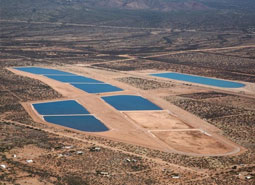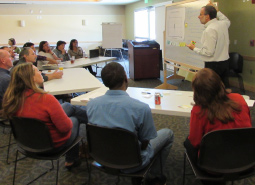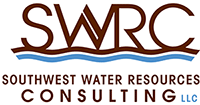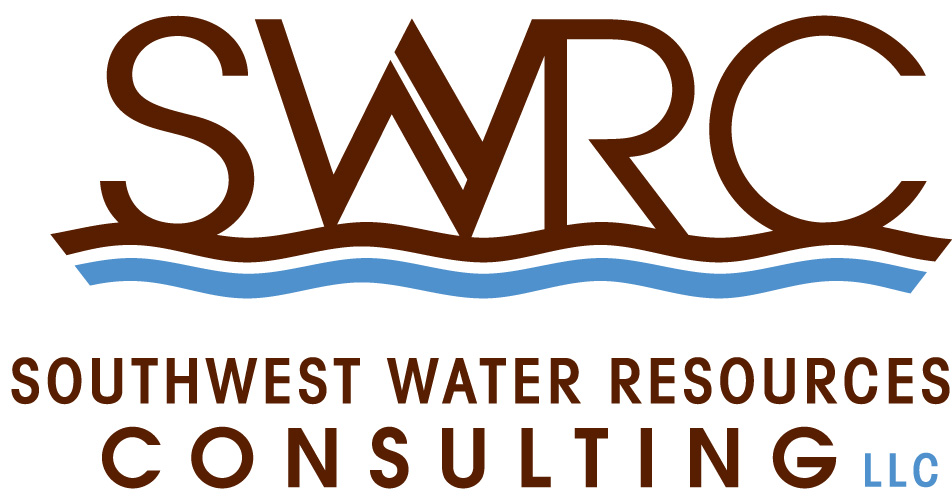
What is Scenario Planning?
Scenario planning is a “strategic-foresight” planning approach often used by forward-looking organizations to assess the shifting uncertainties in their changing environments. These uncertainties and their possible future outcomes could promote or inhibit the future ability of organizations to provide services that meet stakeholder expectations.
The scenario planning approach I most often employ is a multi-step process designed to define the range of future uncertainty by generating multiple possible scenario futures. Each scenario credibly describes a longer-term future-planning environment that reflects a unique combination of uncertain outcomes and conditions. These scenario futures are evaluated both individually and collectively to develop flexible, strategic action plans that are applied in the near and mid terms.
Scenario Planning Services
Planning and Phasing: Customizing the Process
I commonly work directly with organizations in planning and structuring the scenario-planning process to ensure that it serves their strategic planning needs in a timely manner.This includes defining the scope of the effort and addressing the many scenario-planning preliminaries that provide the structural basis for the facilitated workshops and the future-mapping processes to follow. A key objective is working with the client to articulate its primary Strategic Focal Question or Issue in a form that can be productively addressed through the process.
Workshop Design, Facilitation, and Scenario Development
I also provide direct services by designing scenario workshops, facilitating participants through the workshop process, and by working with the client to develop credible and challenging planning scenarios. The scenarios or futures are tools used to identify emerging organizational challenges and opportunities and to develop a wide range of potential adaptive actions and options with which to mitigate or leverage them.
Future Mapping: Identifying the Strategic Options
I also directly assist organizations in identifying key tipping points where still emerging future outcomes and events could preferentially favor one set of possible scenario futures over others. Highly-robust and “low-regret” actions, options, and initiatives that are applicable to most futures are identified and strategically prepositioned for possible implementation in the near term. More contingent adaptive actions and options would also be put in place for later consideration and possible implementation in the mid or longer term as the direction of emerging trends and outcomes becomes more clear. Future mapping provides an organization with a Strategic Plan for the future. It produces a forward-looking guide that not only improves the ability of professionals to anticipate what may lie ahead but also provides them with the actionable means to prepare for it.
Communications and Outreach
In addition to providing written documentation of processes for which I provide direct services, I also work with client organizations to prepare presentations which can be used to communicate the results of the process to target audiences such as decision makers,community leaders, and stakeholders. I am frequently asked to deliver presentations in partnership with the client to governing boards, mayor & councils, advisory boards, media outlets, and other stakeholder organizations.
Scenario Training: Teaching Others
I teach other professionals how to apply the method themselves within their own organizations through training sessions. The teaching can take several forms. Scenario coaching is the most intensive offering, since it entails demonstrating how to conduct a scenario assessment through an actual hands-on application in close partnership with professionals who want to both learn and apply the skills while working within their organization. Scenario training provides professionals and students with an understanding of the rationale underlying the approach and the practical lessons learned through lecture and webinar formats. More intensive workshops and short courses provide opportunity for participants to deepen their understanding and develop process skills. I also provide scenario advisory services with those who want to apply the method themselves but who would also benefit from the guidance of a highly experienced scenario-planning professional to help structure the process and give advice along the way.
Scenario Planning Case Studies
How to Utilize a Vital but Controversial Renewable Water Supply

Tucson Water may have been the first large, municipally-owned water utility to use scenario planning as the primary planning vehicle to develop its Integrated Resources Plan in 2003. A perfect storm hit the region about a decade before which inhibited Tucson Water’s ability to use a critical renewable water supply. The Utility’s adoption of scenario planning was one of the steps taken to move beyond the impasse. Tucson Water’s use of the approach has become a case study for both domestic and international water professionals as well as for students of adaptive management.
Drought, Economic Uncertainty, and Regional Resilience

Southwest Colorado’s economic landscape has undergone a decades-long transition in response to national and global market forces. Once dominant economic sectors have faded or are in long-term decline while relatively new ones have become increasingly important. The character of the region is changing. Southwest Colorado was also in its fifteenth year of an extended drought with the possibility that it might be the front end of a longer-term climatic event that could have environmental and economic consequences for the region. The Southwest Colorado Council of Governments considered a diverse range of planning futures to identify options that could support a more adaptable and resilient regional economy.

 Ralph Marra is the founder and Senior Principal at Southwest Water Resources Consulting, LLC with over 30 years of experience as a municipal water-utility manager and as a strategic-planning consultant. As an experienced scenario-planning practitioner, educator and trainer, Ralph assists organizations and communities in enhancing their adaptive flexibility and preparedness as their planning environments change over time. His professional imperative is to share his knowledge and experience so that a new generation of professionals will have the skills and tools needed to address the planning uncertainties and operative challenges that lie ahead.
Ralph Marra is the founder and Senior Principal at Southwest Water Resources Consulting, LLC with over 30 years of experience as a municipal water-utility manager and as a strategic-planning consultant. As an experienced scenario-planning practitioner, educator and trainer, Ralph assists organizations and communities in enhancing their adaptive flexibility and preparedness as their planning environments change over time. His professional imperative is to share his knowledge and experience so that a new generation of professionals will have the skills and tools needed to address the planning uncertainties and operative challenges that lie ahead.